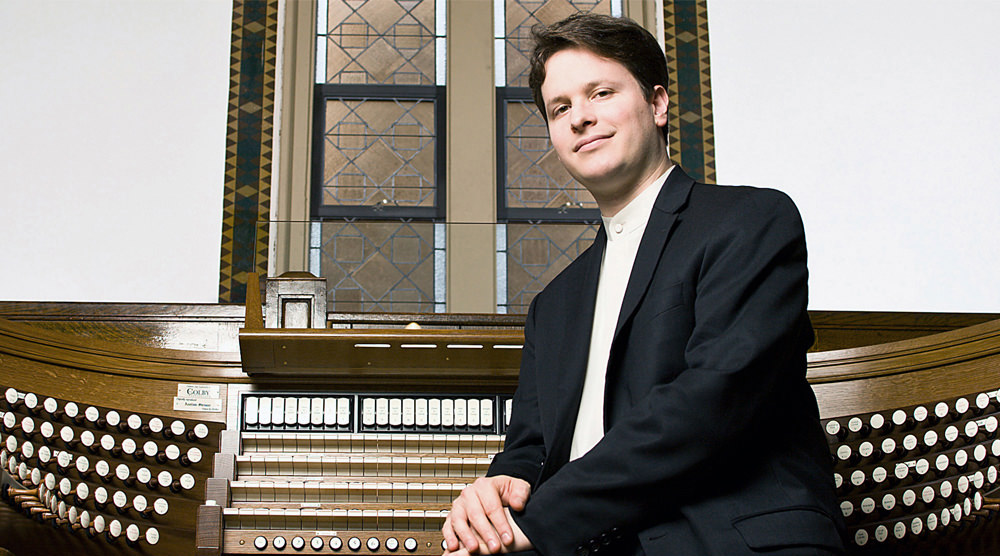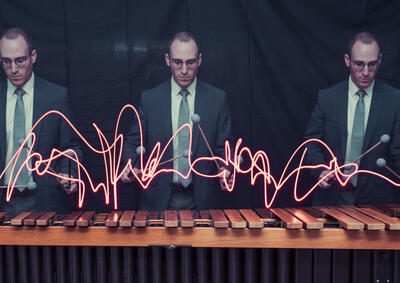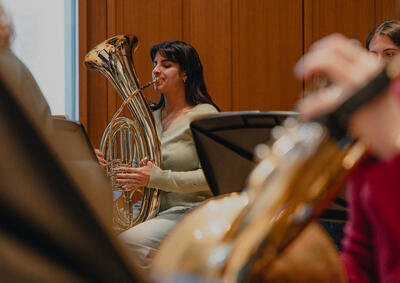HuffPost: A Conversation With Organist Paul Jacobs
Bay Area fans of organ concerts feel a sense of celebration whenever Paul Jacobs is in town. The best of The Best is back. This coming Sunday afternoon at Davies Symphony Hall, Mr. Jacobs will be working the magnificent Ruffatti organ through an Olympian program that includes Bach's Sinfonia to Cantata No. 29, followed by Mozart's Andante in F major for Mechanical Organ, the Organ Sonata No. 1 in D minor by Alexandre Guilmant, and culminating with Max Reger's Introduction, Variations, and Fugue on an Original Theme. It is Reger's ultimate composition for the organ -- the kind that rattles a flying buttress or can blow the roof off. According to Paul, it's like looking at Mount Everest.
I've possessed a desire for several years to study this composition and bring it to audiences. Reger demands so much from the performer -- technically as well as interpretively. In the past, that's what has been so off-putting to musicians. And not just to his organ work, but to all of his compositions. In this work, the fugue is intensely demanding. For the variations, just reading the notes on the page is a feat in itself -- all the accidentals, the thick chords, etc. There are constant contrasts of the complex and the simple. There are moments when Reger is on the verge of atonality. Though he never quite crosses the line, he is just bursting at the seams. In the next variation, he brings the listener back to something comfortable and tonal and voluptuous.
Paul will open the program with Bach's Sinfonia from Cantata No. 29, Wir danken dir, Gott, wir danken dir ("We thank you, God. We thank you"). In its entirety, Cantata No. 29 shimmers with four stellar arias, a full choir and an instrumental ensemble boasting three trumpets. Bach's decision to add an introduction by solo organ would not have gone unnoticed -- especially one as animated and jubilant as this. The Cantata was created in 1731 to celebrate the inauguration of newly-elected members to the Leipzig Town Council. For some of the attendants at Saint Nicholas Church, the Sinfonia might have suggested that Heaven itself had influenced the election results.
"I hope that it will lure the listener into the program," said Paul,
and set the right tone. It is the first movement to a larger work and has that sense of celebration about it. It will set up nicely what is to follow -- the Mozart Andante, which is much more intimate in character, and conclude with the Guilmant Sonata before we take a break and come back with the Reger -- which is demanding of the organist, to be sure, as well as the audience. But that should not frighten people away. Because love is demanding! That's how I look at it. Love implies a sense of responsibility and obligation, of searching and digging. That's what Reger is doing.






